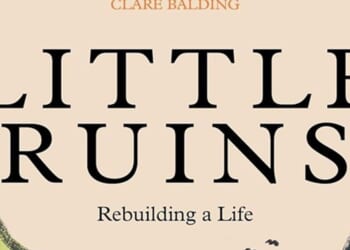Rachel Reeves will be “doubling down” on her mission to crackdown on benefits fraud next week as she will announce the extension of the taskforce stamping it out. In her Budget, the Chancellor will unveil that the group tasked with clamping down on fraudulent universal credit claims will continue, with the aim of saving £1.2bn by March 2031.
This comes after a record £6.5bn was lost to universal credit fraud last year, and an estimated £9.5bn was lost to benefit overpayments and inaccurate applicants.
A Treasury source said: “We will never tolerate fraud, error or waste in the welfare system. Every pound of taxpayers’ money should be spent with the same care with which working people spend their own money.
“The Chancellor is doubling down on this next week, extending Targeted Case Reviews to save taxpayers billions and ensure help goes to those who genuinely need it.”
The Targeted Case Review scheme will be extended to 2031 in a bid to lower the ballooning benefits bill. Official predictions show that the cost of incapacity and disability benefits are on track to hit a staggering £100bn a year by 2030.
As of January this year, 7.5 million Britons were claiming universal credit, which is up from 6.4 million from the same period last year. There has also been an increase in Brits claiming both incapacity and disability benefits which are worth at least £10,000 a year.
The government benefits crackdown comes as Labour plans to introduce the requirement of banks monitoring pensioner’s bank accounts to stamp out erroneous payments, The Telegraph reports.
This will fall under the new Public Authorities (Fraud, Error and Recovery) Bill, which the Commons debated twice earlier this month.
The scheme will be introduced to target those claiming universal credit and employment benefits, yet Brits in receipt of pension credit will also be included.
This is due to an estimated £610m in pension credit being overpaid in 2024 due to DWP errors – £270m was due to fraud.
The Chancellor hopes the introduction of the Bill will claw back £9.6bn by 2030.

















